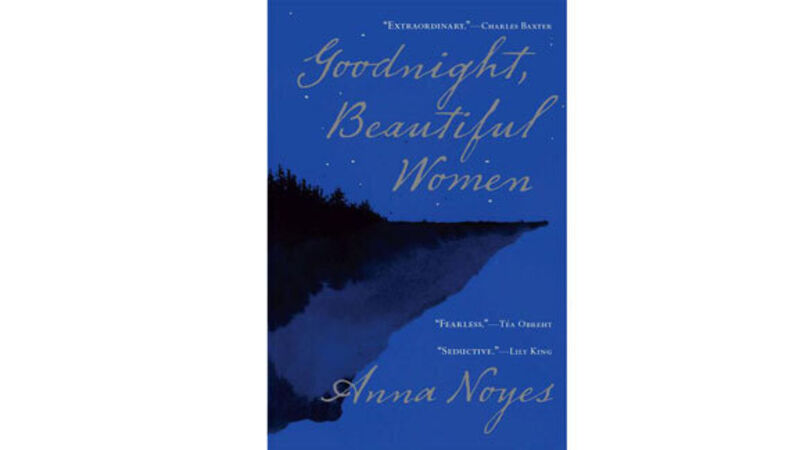Book review: Goodnight, Beautiful Women

The stories in Anna Noyes’s debut collection, Goodnight, Beautiful Women, take the reader deep into rural Maine on the north-east coast of the US.
This is Stephen King country but the horrors in these tales are more mundane; the everyday lives of the lower working-class whose vote was so crucial in the recent US election.
Noyes’s book focuses particularly on the women struggling to survive in a world where the men are, at best, well-intentioned but useless.
The title alludes to the scene in Hamlet where Ophelia takes her leave with the words, “Good night, sweet ladies; good night, good night”, before drowning herself.
The opening story here, ‘Hibernation’, begins with a woman relating how she looked out of her window at 1am to see her husband wading into the waters of a quarry carrying a chunk of granite.
His apparent suicide seems to be the result of a malevolent force beyond their control.
In fact, the women in these stories do try to escape their fate but, like Ophelia, they are often victims of circumstance.
In the title story the narrator has, thanks to her absent father, managed to break free from her surroundings to attend boarding school.
She returns to a mother who is both glad for her and also sorry she has gone, “I would rejoice to have you in that trailer”.
The mother lives with Bert who has never left Maine and who does the grocery shopping even though he returns with “frozen blocks of peas and goopy Vidalia onions”.
The seriousness in these stories is often undercut by humour and in this story Bert provides the comic relief that undermines the women but also provides a respite from the gloom.
When the mother reels off her fears for the return of the “black plague” with sores, sickness and death she accidentally spills water over herself, “Wet T-shirt contest”, is Bert’s response.
When they abandon Bert at a petrol station the last sighting of him makes him seem childlike, standing with two cups of hot chocolate in his hands and his hair blowing like the seeds of a “kicked dandelion”.
The word ‘kicked’ giving the piece a sense of crushing brutality to the tale.
In other stories, however, the men are not so innocent. ‘Drawing Blood’ follows the narrator’s memories of a long-ago relationship with another woman, Eva, who worked as a maid in the house.
The illicit affair is broken up by the suspicious mother and, while Eva is sent away, the narrator is forced into marrying Nicholas, supposedly an old friend of her dead brother.
The wedding night is far removed from the gentle passions of her nights with Eva, but she learns to accept her lot and her hatred of Nicholas transforms to “needing him”.
The quarry in the opening story features elsewhere in these stories and it becomes a metaphor for the lives the residents lead.
It is a place where in summer swimmers brave the cold or where old men wash in the morning light, but it contains hidden depths and seems to draw objects into it.
The husband in the first story hauls his sculptures from his studio and pushes them into the grimy water, their silverware goes the same way and it is as though their lives are submerged beneath a colourless boredom.
The darkness of such stories is more than offset by the brilliance of the writing. Noyes is a graduate of the renowned Iowa Writers’ Workshop and she has clearly learned her trade well.
She gives voice to women of quiet heroism, the sort of people whose lives remain a struggle no matter who lives in the White House.





